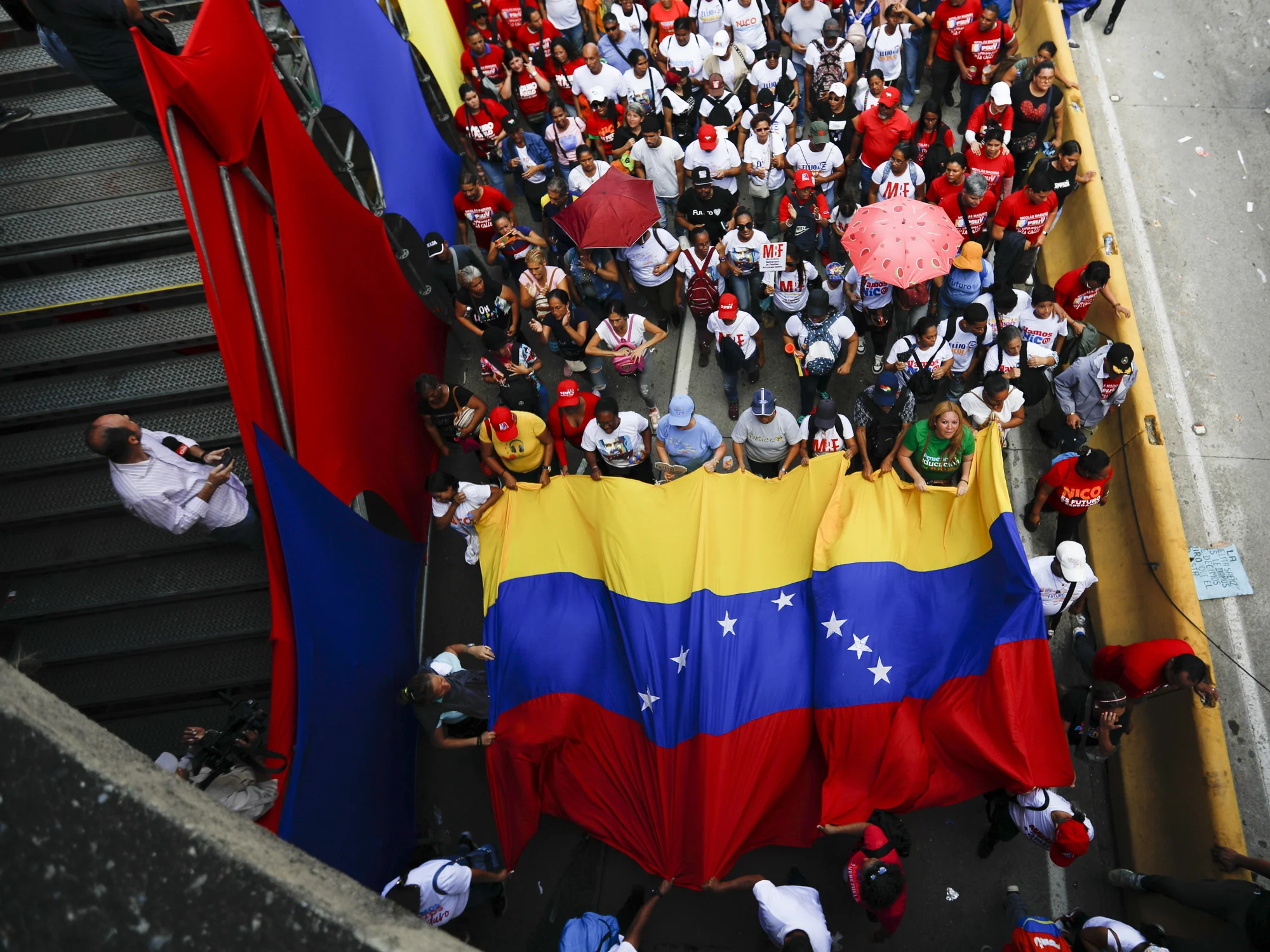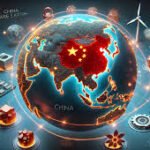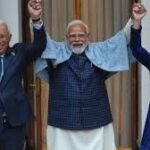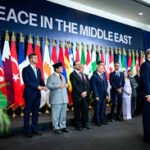Venezuela’s elections are a democracy or a mockery is a complex question. From the government’s perspective, the elections are a democratic process reflecting the will of the people. However, the numerous reports of irregularities, repression of the opposition, and international condemnation suggest that the electoral process is deeply flawed.
Venezuela, once one of the wealthiest countries in South America, has been marred by political turmoil, economic collapse, and social upheaval in recent years. The country’s electoral processes have become a focal point of global scrutiny, with questions about their legitimacy and fairness. This analysis seeks to explore whether Venezuela’s elections are a testament to democracy or a mockery of it, providing a detailed examination of the electoral system, the role of the government and opposition, and the international community’s view.
Venezuela’s electoral system is officially described as democratic, with provisions for regular elections at various levels of government. The country has a long history of electoral processes, dating back to its first democratic elections in the mid-20th century. However, over the past two decades, under the leadership of Hugo Chávez and his successor Nicolás Maduro, significant changes have raised concerns about the integrity of the system.
The National Electoral Council (CNE) is the body responsible for overseeing elections. Critics argue that the CNE is heavily influenced by the government, compromising its impartiality. Reports of voter intimidation, media censorship, and the disqualification of opposition candidates are common. The use of electronic voting machines has also been contentious, with allegations of vote manipulation and fraud.
The Venezuelan government, led by the United Socialist Party of Venezuela (PSUV), portrays the electoral process as a robust exercise in democracy. President Nicolás Maduro and his administration emphasize their commitment to social justice, anti-imperialism, and the empowerment of the poor. They argue that their electoral victories reflect the will of the people, particularly the marginalized and disenfranchised.
On the other hand, the opposition, represented by a coalition of parties including Voluntad Popular, Primero Justicia, and Acción Democrática, contends that the elections are neither free nor fair. They cite numerous instances of electoral fraud, voter suppression, and political repression. High-profile opposition leaders like Leopoldo López and Juan Guaidó have faced imprisonment, exile, and disqualification from running for office.
The international community is deeply divided over Venezuela’s elections. Several countries and international organizations have expressed concerns about the fairness of the electoral process.
Countries such as Russia, China, and Iran have supported the Venezuelan government, viewing the elections as legitimate. They argue that criticisms are part of a broader Western strategy to undermine leftist governments in Latin America. These nations highlight the high voter turnout and the government’s efforts to provide social services as indicators of democratic engagement.
The United States, the European Union, and many Latin American countries have been vocal critics of Venezuela’s electoral process. They accuse the Maduro administration of undermining democratic institutions and violating human rights. Sanctions have been imposed on Venezuelan officials, and diplomatic efforts have been made to isolate the Maduro regime. The Organization of American States (OAS) has frequently condemned the elections, calling for international oversight and the restoration of democratic norms.
Media plays a crucial role in shaping perceptions of Venezuela’s elections. State-controlled media in Venezuela presents a narrative of a thriving democracy under constant threat from foreign powers. In contrast, independent and international media often depict a country in crisis, with an authoritarian regime clinging to power through dubious means.
The rise of social media has added another layer of complexity. While it provides a platform for opposition voices and international observers to share information, it is also used by the government for propaganda and misinformation campaigns. The battle for the narrative is intense, with each side accusing the other of spreading falsehoods.
Beyond the political machinations, the impact of Venezuela’s electoral situation on its citizens is profound. Hyperinflation, food and medicine shortages, and widespread poverty have led to a humanitarian crisis. Millions of Venezuelans have fled the country, seeking refuge in neighboring countries and beyond. The political instability exacerbates the economic and social challenges, making everyday life a struggle for many.
The global community remains divided, with geopolitical interests influencing positions on Venezuela’s political situation. For the Venezuelan people, the situation is dire, with the need for a genuine resolution to the political and economic crises becoming ever more urgent.
Ultimately, the future of Venezuela’s democracy depends on meaningful reforms, transparent elections, and the restoration of trust in the electoral process. Until then, the debate over whether Venezuela’s elections are a true expression of democracy or a mockery of it will continue to be a contentious issue on the world stage.
4o





Leave a Reply